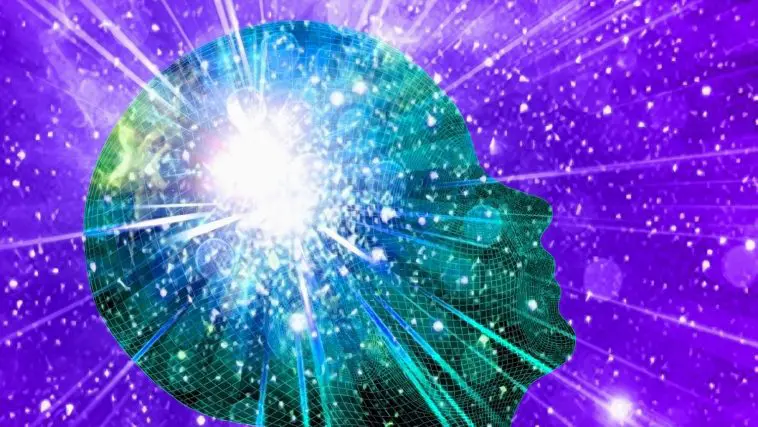[Originally published as part of “I Don’t Know, and You Don’t Either!” — Confronting Science of the Gaps]
The Psychological Big Bang
In 2012, atheistic philosopher of mind Thomas Nagel wrote a book called Mind and Cosmos which bears a subtitle that would make even Richard Dawkins blush: “Why the Materialist Neo-Darwinian Conception of Nature Is Almost Certainly False.”
Even the Amazon.com description of the book’s premise is telling enough:
The modern materialist approach to life has conspicuously failed to explain such central mind-related features of our world as consciousness, intentionality, meaning, and value. This failure to account for something so integral to nature as mind, argues philosopher Thomas Nagel, is a major problem, threatening to unravel the entire naturalistic world picture, extending to biology, evolutionary theory, and cosmology.
This is yet another aspect of ID theory where a one-two punch is in play.
First, it is instructive to consider what kind of thing “mind” is. It’s the sort of foundational concept that one can deny only at the expense of his own rationality. By definition, if there is no mind, then “you” are not reading this. Frankly, “you” don’t exist.
Philosophers argue that one of the primary means of acquiring knowledge is introspection. That is, the legitimate awareness you have of your very own existence is arguably more certain than even the existence of other minds.
Once one abandons such a core premise for obtaining knowledge, what more can be said? If you cannot even be sure that you exist, how you can be sure of anything else? This destroys the possibility of rationally affirming anything, and is therefore self-defeating.
Since ID posits the existence of a creator-mind, that we possess one makes sense as well.
Second, on Darwinism, the best one could hope for is a sort of “collective consciousness” which arises out of the material “stuff” (protons, neutrons, and electrons). This view would demand that the “mind” is merely an illusion (This strikes me as odd considering that illusions are only the kind of non-physical things that happen to “minds” in the first place!), and all that really exists is the “physical brain meat.”
The problem — as usual — is that there’s no evidence whatsoever that evolution can produce this kind of thing, and no indication that it will ever be able to.
To borrow a phrase from Behe, if “Darwin’s mechanism of random mutation and natural selection strains to explain even the very simplest molecular example of cooperation (called a ‘disulfide bond’),” how on earth could it ever hope to explain the existence of conscious life!
Again, this is no problem for ID theory, but a retrodiction of it.
The Moral Big Bang
I’ll not spend much time here since “morality” is not something that’s a part of Intelligent Design proper. This is because morality is not recognized by the “purposeful arrangement” of its parts.
Nevertheless, three important considerations give us reason to think that morality exists only in a world that was intelligently designed.
First, the scientific enterprise requires laws of morality. ID advocates and naturalistic evolutionists are all scientists. But what requires any of them to report accurately of their data? It seems to me that the assumption of objective morality must be operating.
Second, since evolution cannot produce “mind” (which reflects on immaterial things like morality), it follows that an intelligent designer better explains the moral compulsion one feels to accurately report her scientific findings.
Third, and underpinning the two points above, is the notion that theism is the kind of worldview necessary in principle for objective moral values and duties to exist (The Bible explains in great detail why we all have a moral intuition. See Romans 2:14-15 for starters.). Such a notion is absurd on naturalism, which is why most atheists are moral relativists, and consistently so.
Let me once again reiterate that these conclusions are not inferred by the absence of a naturalistic argument, but rather, provide positive evidence for the reality of both design and purpose in the world and universe around us (and within us)!







